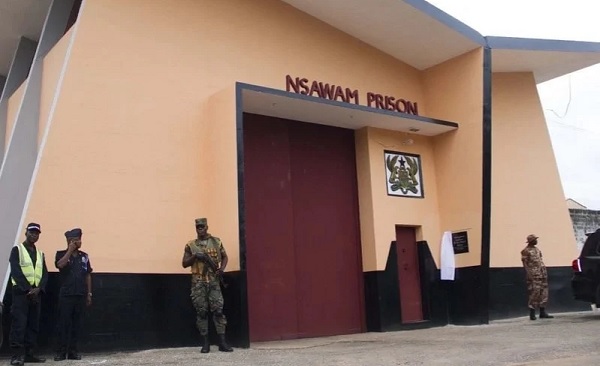
We need national conversation on death penalty
Throughout history, many societies have used the death penalty to punish the most atrocious transgressions.
Equally, many countries have abolished its application.
Of the 198 countries of the United Nations, as many as 106 have completely abolished the death penalty, while 56 retain it in their statutes.
Some 28 others, while having not abolished the death penalty, have not carried out any killing for more than 10 years.
Human rights groups campaigning against the death penalty have raised cogent reasons why the practice must stop.
For them, life is sacred and should be valued.
The argument has also been made that convicted murderers are still able to learn, maintain relationships and even reform.
One strong argument against capital punishment is the likelihood of sentencing a person wrongly.
Indeed, it is better for many guilty persons to escape punishment than for one innocent person to suffer.
Yet others opine that capital punishment symbolises justice and is the only surest way to sufficiently voice society’s revulsion of the murder of innocent lives.
To such people, the death penalty is a way of restoring society’s balance of justice by showing that the severest crimes are abhorred and will be punished in equal measure.
It is also the case of such thinkers that the death penalty guarantees that convicted murderers will never continue to live to kill again.
Frankly, there have been cases where convicts sentenced to life in prison have killed inmates and prison officers.
Some have also successfully arranged murders from within prison, while convicts who have been pardoned after serving a part of their sentences have murdered again.
It therefore stands to reason that for such people, death may be the only way to prevent them from committing more murders.
The Daily Graphic notes that while criminal acts are an affront to society, it acknowledges that crimes result from both biological or internal and environmental or external factors.
Ghana has, for the past 26 years, not executed anyone and currently there are 180 prisoners on death row at the Nsawam Medium Security Prison.
This is because successive Presidents have, since 1993, refused to sign death warrants.
While some countries, including Ghana, still keep the death penalty in their statute books, interestingly, some citizens of countries that have abolished it favour its reintroduction.
Although discussion of the death penalty incites moral passion and controversy, we call for a national debate on whether to maintain it in our statute books or abolish it.
For what is the need for a law that no one would want to apply?
But as the Daily Graphic canvasses for the debate on whether or not to abolish the death penalty, we urge society to put in practical measures that will prevent crime.
This is especially so because punishment is not only for retribution and deterrence purposes but also reformation and to communicate to criminals their wrongdoing and give them the opportunity to apologise and reform.
